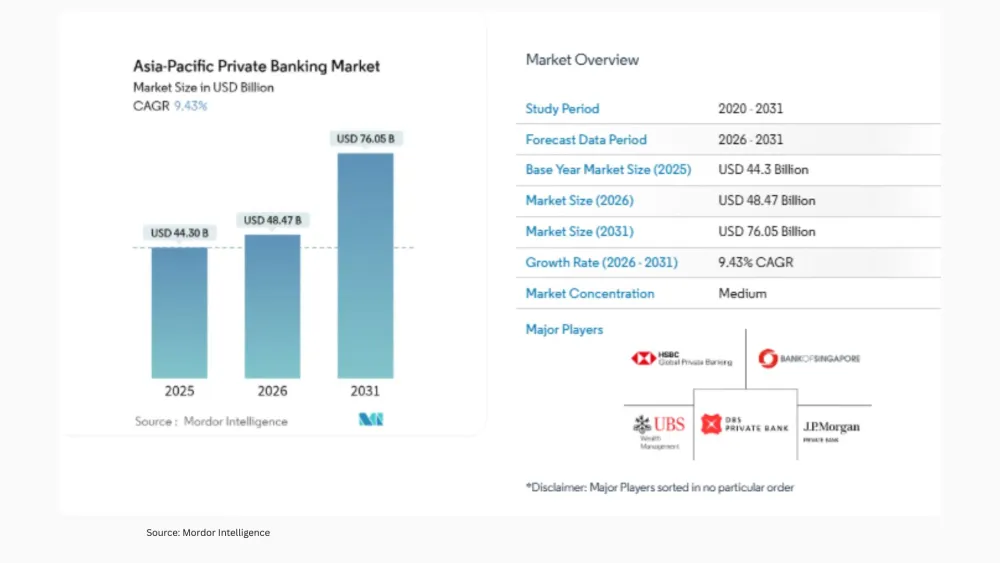
Bank Negara approves CIMB's stake purchase
CIMB Group will issue 134 million shares to Khazanah Nasional to acquire CIMB Niaga stakes.
Bank Negara has approved CIMB Group Holdings Bhd’s proposed acquisition of up to 19.67% of the equity interest in PT Bank CIMB Niaga TBK, according to its filing with Bursa Malaysia.
According to The Malaysian Star, the acquisition would see CIMB Group issuing up to 134 million new shares to Khazanah Nasional Bhd, from which the stakes of CIMB Niaga would be bought. Based in Indonesia, CIMB Niaga has a huge network of 676 branches in major cities.



















 Advertise
Advertise











